The captains had heard of John Hay in a letter William Henry Harrison dated 13 November 1803, in which the Illinois Governor mentions a map—owned by Hay—from the Mackay-Evans Expedition. Hay, a fur trader and Postmaster in Cahokia, later provided Lewis a copy of that expedition’s 1795–97 journey up the Missouri. He and fellow Cahokian Nicholas Jarrot also translated when Lewis met Spanish Governor of Upper Louisiana, Carlos Dehault Delassus in St. Louis. With his considerable experience with Native American Nations and the Missouri-Mississippi fur trade, Hay also provided the captains significant information and advice.
Related Pages
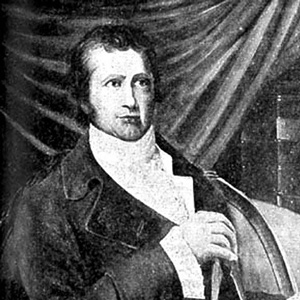

The life and times of these three explorers intertwined in a number of odd and interesting ways, often brought together by far-reaching hand of Thomas Jefferson. Tracing these connections opens a window onto every conceivable aspect of the period.
Jews Harps
by Joseph A. Mussulman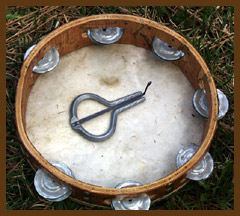

Although nobody can determine how this tiny musical instrument was named, we do know Lewis included them in his list of Indian gifts. Whitehouse records the merriment of the Yankton Sioux playing them and dancing.
December 7, 1803
Cahokia arrivals
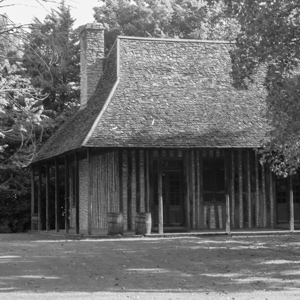

Meramec River, MO to Cahokia, IL
Lewis traveling by land, and Clark by river, arrive at Cahokia. Lewis meets two useful locals, John Hay and Nicholas Jarrot who help him negotiate entering Spanish territory.
December 8, 1803
Spanish resistance
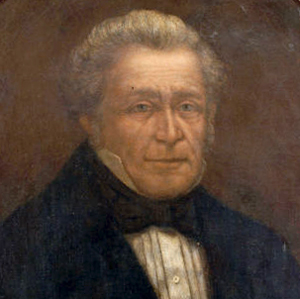

Cahokia, IL On or near this day, Lewis meets with Dehault Delassus, the Spanish Governor of Upper Louisiana, and all agree that the expedition should spend the winter near Cahokia.
December 28, 1803
Mackay and Evans journals
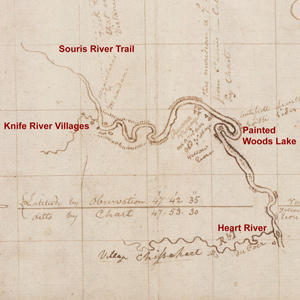

Winter Camp at Wood River, IL Lewis writes that he has a census, the Evans and Mackay journals, and three Louisiana maps. Clark reports that two deer are killed.
January 30, 1804
Lewis comes to winter camp
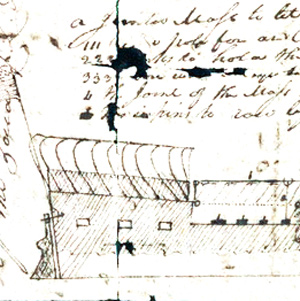

Winter Camp at Wood River, IL After working in Cahokia and St. Louis for nearly two months, Lewis comes to winter camp on the Wood River. On or near this date, Clark draws and labels a side elevation of the barge.
February 2, 1804
Hays and Hay depart
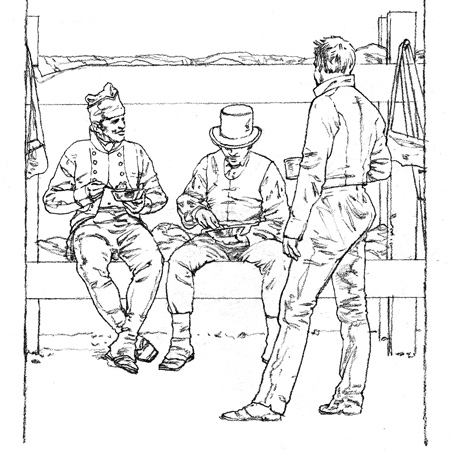

Wood River Camp, IL Clark and Lewis accompany John Hay and John Hays part-way back to Cahokia before returning to winter camp at Wood River for dinner. Clark’s poor health continues.
April 26, 1804
A killing frost
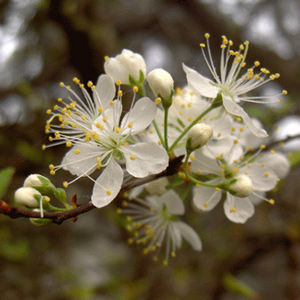

At winter camp at the River Dubois, fur trader and Cahokia Postmaster John Hay arrives to help prepare the Indian gifts. He reports that frost has killed much of the fruit in the Cahokia area.
April 27, 1804
Preparing Indian goods
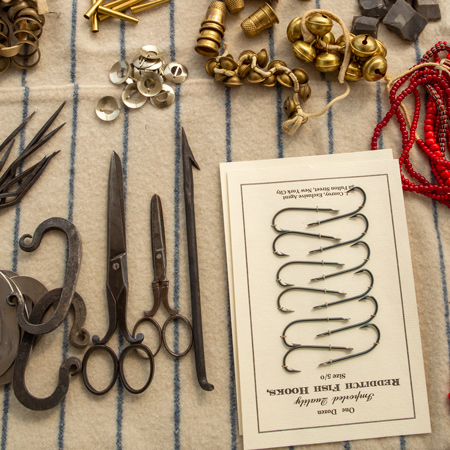

At winter camp on the Wood River, William Clark and fur trader John Hay organize the many goods that will be used as diplomatic gifts for the Indians the expedition will meet.
April 28, 1804
Shooting for money
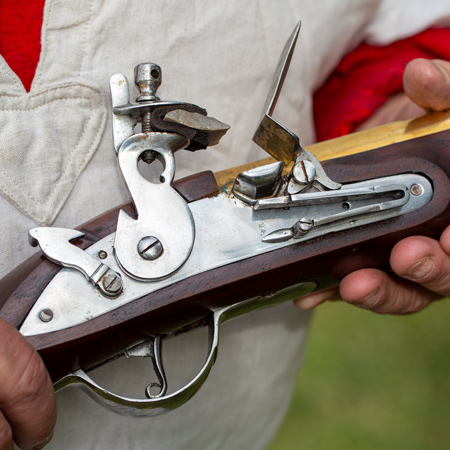

At winter camp on the Wood River, several local settlers lose their money in marksmanship contests with the enlisted men. All hands are otherwise busy packing and Lewis continues in St. Louis.
April 29, 1804
Packing Indian goods
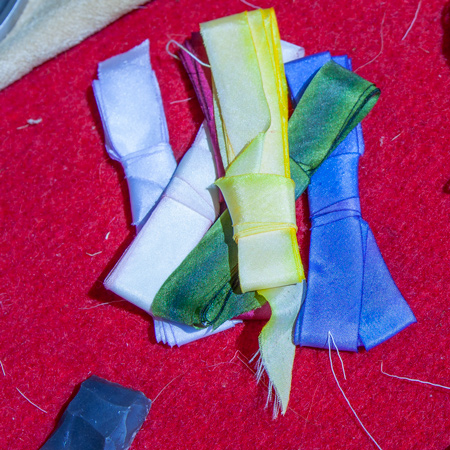

Several Kickapoo chiefs and a boat captain visit Clark at Winter Camp on the Wood River. Fur trader John Hay continues to pack goods, and Lewis continues his work in St. Louis.
April 30, 1804
Indian goods nearly ready
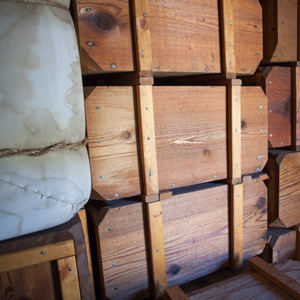

At winter camp, fur trader John Hay and William Clark nearly finish packing the Indian trade goods into bundles—each designated to a specific tribe. Across the Mississippi, Lewis works in St. Louis.
